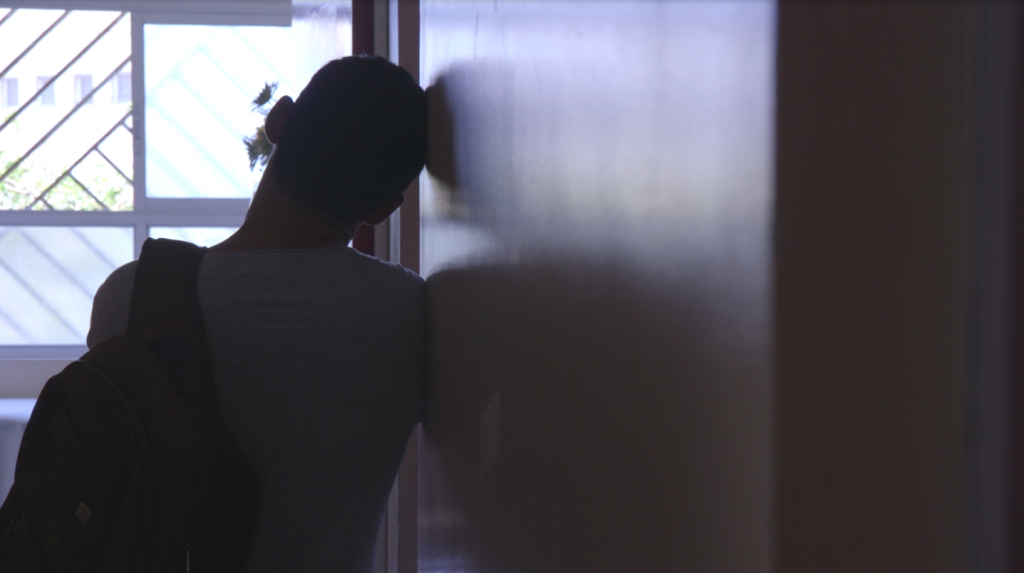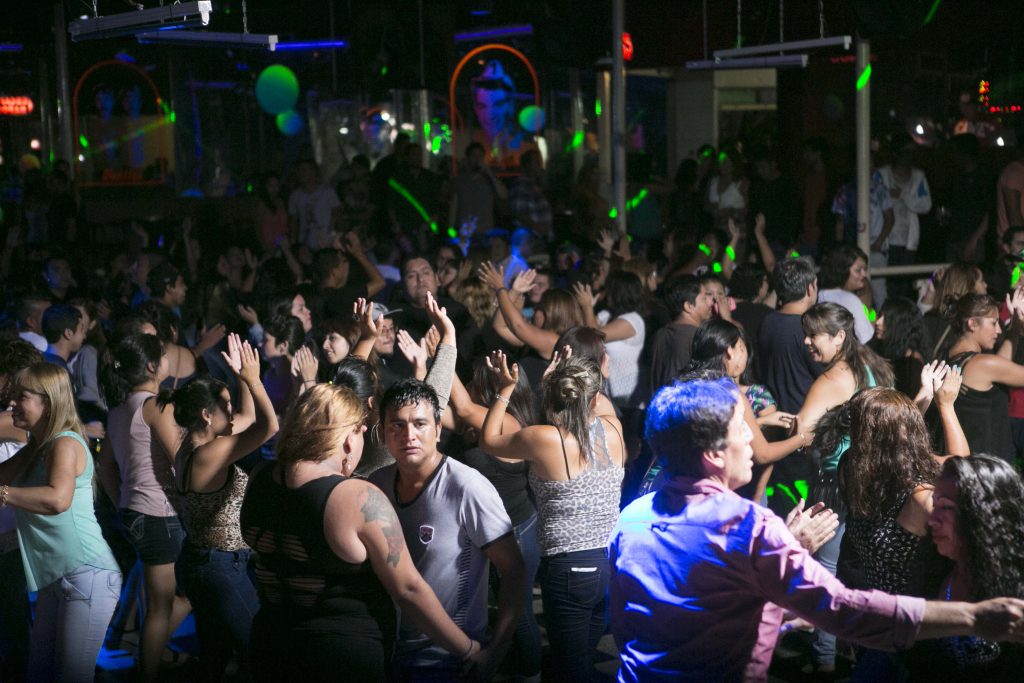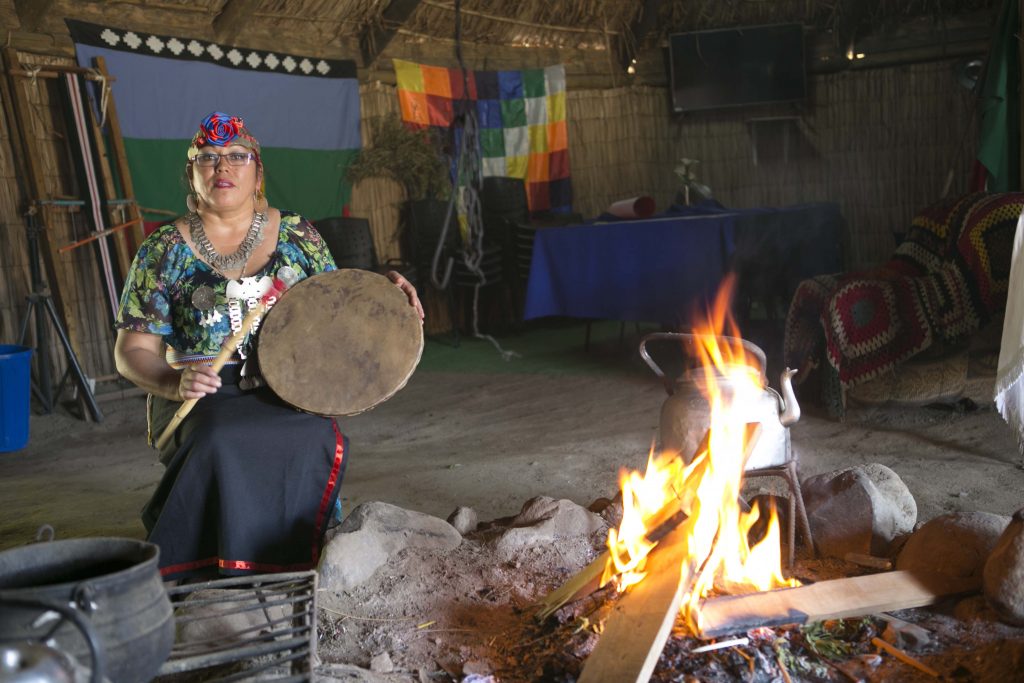HIV infections are on the rise in Chile, and lots of infected people don’t know it
By Codi Hauka, Natalie Walters, Peter Mothe, and Konstantine Roccas
When Ana found out that she was HIV positive six years ago, she had never heard of the virus before.
She was living in a rural community in Chile’s southern region of Araucanía, and as a member of the Mapuche indigenous nation, her understanding of health clashed with Western medicine.
“Mapuches have this expression, ‘uesá kutrán’—evil diseases brought by the huinca,” says Ana, using a term for non-Indigenous people.
The fact that HIV is seen as an outsiders’ virus prevents many HIV-positive Mapuche people from accessing care. This is especially true in Araucanía, the heartland of the Mapuche nation, where experts say that one in four people living with the virus do not know they have it.
Ana — who did not want her real name used because of the stigma associated with HIV in her community and in Chile — lived with the virus for two years before she learned of her diagnosis. Although she is now on antiretroviral treatment, she still hasn’t told anyone in her family or community that she is HIV positive.
“We live in tight communities and I would hate for my family to be ostracized,” she says.
Watch Isolation (Virtual Reality Experience):



